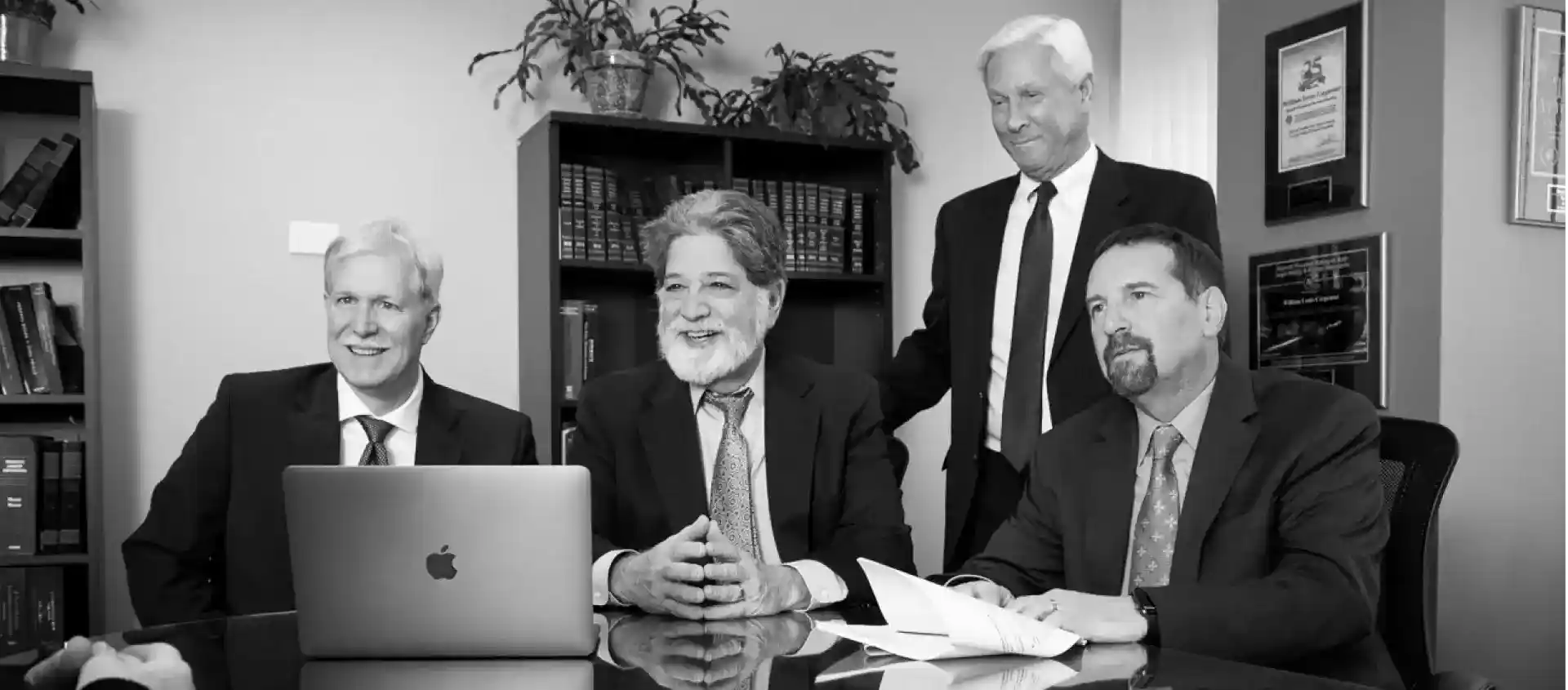
Criminal charges can arise in the form of a misdemeanor or a felony. The primary difference between a felony and misdemeanor charge is the severity of the potential penalties. Felonies are considered more serious, harmful crimes and thus result in longer jail sentences and costlier fines than misdemeanors. Practically, a felony and a misdemeanor conviction carry a variety of different consequences. If you need to discuss your case with a Colorado criminal defense lawyer, contact Gerash Steiner & Blanton, P.C., today.
Understanding the Difference Between Felony and Misdemeanor Charges in Colorado
Misdemeanors and felonies are the two categories of criminal charges. Some offenses can be charged only as misdemeanors, while others can be charged only as felonies. In some cases, the prosecutor can decide whether to charge an offense as a misdemeanor or felony based on the facts of the case. This is known as a “wobbler.” For instance, a drug possession charge is a wobbler. The type and amount of controlled substance determine whether the offense is charged as a misdemeanor or a felony. A criminal defense lawyer can help you identify the potential penalties associated with your criminal charge and understand the impact of a felony record vs. misdemeanor record.
Legal Effects of a Felony in Colorado
A felony conviction often involves a lengthy stay in prison combined with a large monetary fine. Additionally, a felony conviction may affect some of your basic rights.
In Colorado, someone with a felony conviction cannot:
- Hold public office,
- Serve on a jury,
- Possess a firearm,
- Vote while incarcerated,
- Travel internationally, or
- Gain employment from certain government agencies.
Beyond the loss of these rights, a felony conviction can negatively impact other areas of your life. A felony on your criminal record may prevent you from qualifying for certain job opportunities or gaining primary custody of minor children. A conviction can result in the loss of professional licenses or certificates and may make you ineligible for public benefits.
Legal Effects of a Misdemeanor in Colorado
Even though a misdemeanor is less serious than a felony, a conviction can still include consequences beyond the customary jail sentence and fine. Someone with a misdemeanor conviction keeps their right to vote in any election that takes place during their incarceration.
Only those with a domestic-violence-related misdemeanor conviction lose their right to own or possess a firearm. Like a felony conviction, a misdemeanor conviction can affect the following:
- Citizenship status and eligibility,
- Child custody determinations,
- Professional licensure,
- Eligibility for public assistance programs, and
- Future employment opportunities.
Conviction for certain offenses can result in specific collateral penalties. For example, a drunk driving conviction often leads to the suspension of your driver’s license.
Examples of Colorado Misdemeanors and Penalties
Misdemeanors typically include less serious criminal offenses that may result in a jail sentence. We provided some specific examples of Colorado misdemeanors and their associated penalties below.
Driving Under the Influence
Like other states, Colorado criminalizes drunk driving. A driving under the influence (DUI) charge is considered a misdemeanor. Your prior drunk-driving-related convictions will determine the specific penalties associated with a DUI conviction. The penalties for a first-time DUI conviction can include:
- Between five days and one year of jail time,
- A fine of up to $1,000,
- Mandatory community service,
- Revocation of your driver’s license, and
- Mandatory substance abuse education classes.
The minimum jail sentence increases to ten days for a second conviction and sixty days for a third conviction.
Theft
Theft is considered a class 2 misdemeanor if the value of the property stolen is more than $300 but less than $1,000. A class 2 misdemeanor carries the possibility of up to 120 days in jail and a fine of up to $750. Theft is considered a class 1 misdemeanor if the value of the property stolen is more than $1,000 but less than $2,000. A class 1 misdemeanor carries the possibility of up to 364 days in jail and a fine of up to $1,000.
Menacing
Menacing occurs when someone, by threat or physical action, knowingly places or attempts to place another person in fear of imminent serious bodily injury. In Colorado, menacing is considered a class 1 misdemeanor unless the act is committed with a firearm, knife, or bludgeon.
Example of Colorado Felonies and Penalties
Felonies encompass more serious criminal offenses that can lead to substantial prison time and costly fines. We provided a specific example of a felony in Colorado and its associated penalties below.
Felony Theft
Theft is considered a class 6 felony if the value of the property stolen is more than $2,000 and less than $5,000. Class 6 felonies are the lowest level felonies in Colorado. A class 6 felony carries the potential of between twelve and eighteen months in prison and a fine of up to $100,000. The crime is considered a class 5 felony when the value of the stolen property is more than $5,000. A class 5 felony carries the potential of between one and three years in prison and a fine of up to $100,000.
Contact Gerash Steiner, P.C., to Discuss the Difference Between a Felony and Misdemeanor Charge
Our team at Gerash Steiner, P.C., is proud to uphold a decades-old tradition established by Colorado legal icon Walter L. Gerash of providing a strong defense to anyone facing criminal charges. We pride ourselves on protecting the rights of individuals facing felony and misdemeanor charges. Contact our office today to schedule your free consultation with a member of our team.

